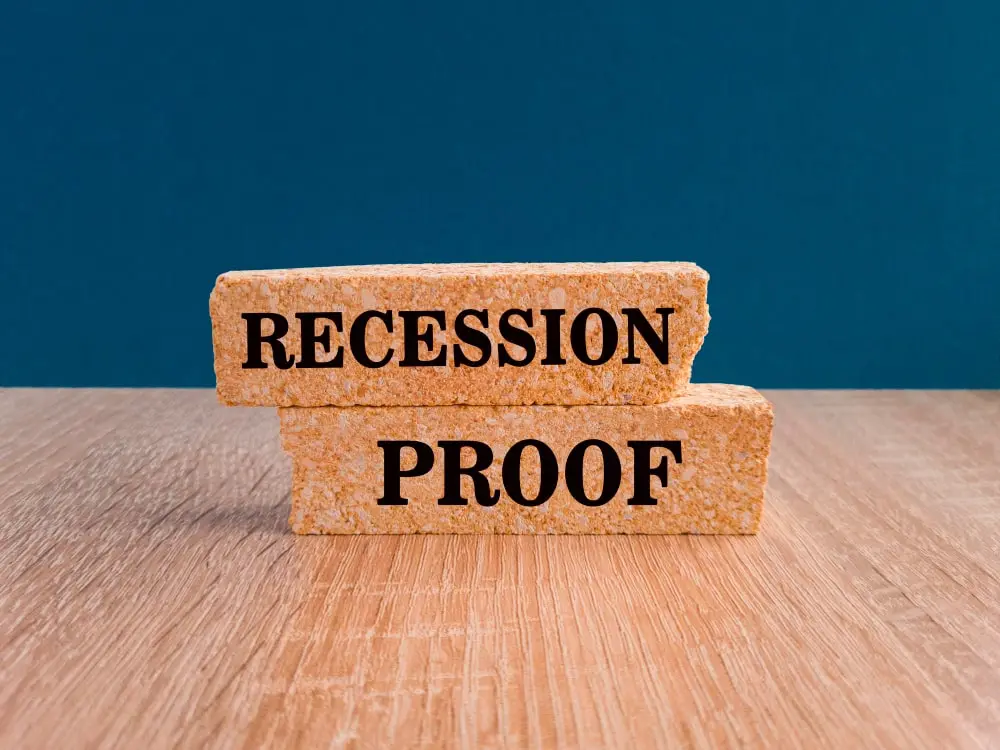Table of Contents
ToggleReal estate is a sector that’s always been riddled with fascination and a lot of interest. Due to its inherent nature of being essential, stable, and widespread, it has its own set of myths that need debunking.
Real estate myths can be quite hurtful to those who don’t know their reality. Investing in real estate is one of life’s most important undertakings, and making informed decisions is crucial to success. We’re here to help you debunk some of the most common myths that are associated with real estate so you can make a better decision when the time comes to invest.
Common myths associated with Real Estate:
Myth #1 – Real Estate appreciates in value.
One of the most common myths about real estate investments is that they appreciate invariably, but this isn’t always true. While they are an excellent investment for the long term and have historically performed well, it is important that you, as an investor, recognize that markets can also fluctuate.
Property values go up and down based on various factors that sometimes even a good investor cannot predict. These include economic conditions as well as the location of the properties.
Myth #2 – Lower Interest Rates won’t attract more buyers.
Many people think that when mortgage rates are lower, nobody will buy homes when prices are higher. Prices are an important factor to consider, but so are interest rates. For every 0.5% improvement that applies to interest rates, the payment for median-priced homes decreases.
As per Realtor.com, whenever mortgage rates push up to 7%, up to 20 million households end up being priced out of the market. This is more than when the rates are somewhere around 3%. In layman’s terms, every 1% drop in overall mortgage rates attracts up to 5 million borrowers who can afford the mortgage.
Myth #3: Diversification is overrated, and Investing is like gambling.
The ideal strategy, according to these investors, is to place all of one’s eggs in one high-performing company. Nevertheless, investors run the danger of losing a lot of money if the stock doesn’t do well with this method. By spreading your investments over many types of assets, you may lessen the influence of any one investment on your portfolio and increase its overall stability.
There is a common misunderstanding that investing and gambling are the same thing. In contrast to gambling, which is based on pure luck, investing requires research into assets, knowledge of market patterns, and calculated judgments. In order to attain one’s investment goals, one must conduct thorough research, analyze data, and adopt a strategic strategy.
Myth #4: No one needs Financial Advisors.
Certain investors hold the belief that financial counselors are expensive and superfluous, opting to handle their finances independently. Nonetheless, an experienced financial adviser may provide unique perspectives, tailored tactics and assist in navigating intricate financial issues. The potential advantages of seeking professional assistance frequently surpass the associated expenses and can result in improved investing results.
Myth #5: Home prices are down and will persist in declining.
Individuals who believe that housing prices are decreasing are clearly lacking awareness. Home prices had a reversal in February and have remained at that level since then. The house price indexes from trustworthy sources validate that in several regions of the nation, the declines in prices were just moderate adjustments. In addition, a significant percentage of the recent figures have surpassed the values observed during the market’s highest point in June 2022.
As per the August 2023 Mortgage Monitor analysis by Black Knight, prices in 30 out of the 50 biggest markets have now achieved their highest levels, with numerous northeastern metropolitan areas presently exceeding their 2022 highs by 5-8%.
Goldman Sachs housing experts have lately revised their stance on the housing sector and no longer anticipate a decline in home prices this year. However, they are predicting a marginal rise.
The ongoing increase in property prices can be attributed to the persistent scarcity of available properties on the market. Black Knight’s analysis indicates that inventory has decreased in 95% of the prominent housing markets in the United States since the beginning of 2023. Although there is a little increase in active listings compared to the previous month (which is typical for this time of year), the rate of growth is decreasing due to sellers listing fewer properties than the previous year. As a result, buyers are facing more competition for the limited number of affordable houses available for sale.
These are some of the myths that we’ve busted. Make sure you understand the market and the investments you’re making so that you can go on and make an informed decision on your housing investments.
Myth #6: Renovations Invariably Enhance Property Value.
While it is true that renovations may improve the attractiveness of a house, not all modifications ensure a significant return on investment. It is crucial to prioritize enhancements that are in line with current market trends and respond to the preferences of potential purchasers.
According to statistics from 2023, some upgrades, including kitchen and bathroom remodels, tend to provide more financial gains, whereas major landscaping projects may not have the same effect. Prioritizing upgrades that fit with existing market conditions and customer preferences is of utmost importance. As an illustration, there is a growing appreciation for energy-efficient improvements, as evidenced by a poll conducted in 2023, which revealed that more than 60% of prospective homebuyers are ready to pay a higher price for homes that are energy-efficient. Gaining insight into these patterns enables homeowners to make well-informed choices regarding house improvements.
To Conclude:
The determination of home prices is contingent upon two factors: the availability of housing units and the level of consumer interest. Indeed, in an economy burdened by inflation and high interest rates, the number of purchasers is limited. However, for house prices to decrease, the number of sellers must exceed the number of buyers, which is currently an implausible scenario.
Currently, the housing market is seeing a significant amount of suppressed demand due to the issue of affordability. However, as the level of affordability increases, we may expect a growing number of individuals to proceed with their intentions to purchase a home.
Discover the truth behind real estate investing myths with our insightful blog. Uncover why property values don’t always appreciate, the impact of interest rates on buying decisions, the importance of diversification, the value of financial advisors, and the real trends in home prices. Get informed and make smarter investment choices. Dive deeper into these insights at Munshi Capital.





